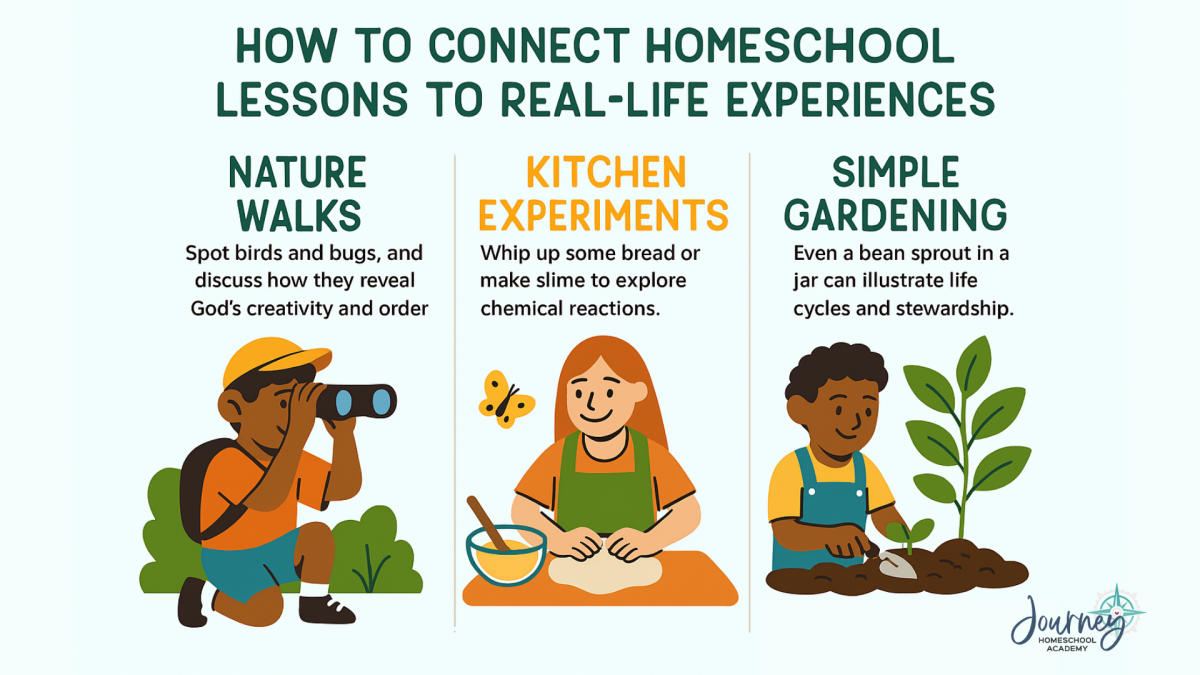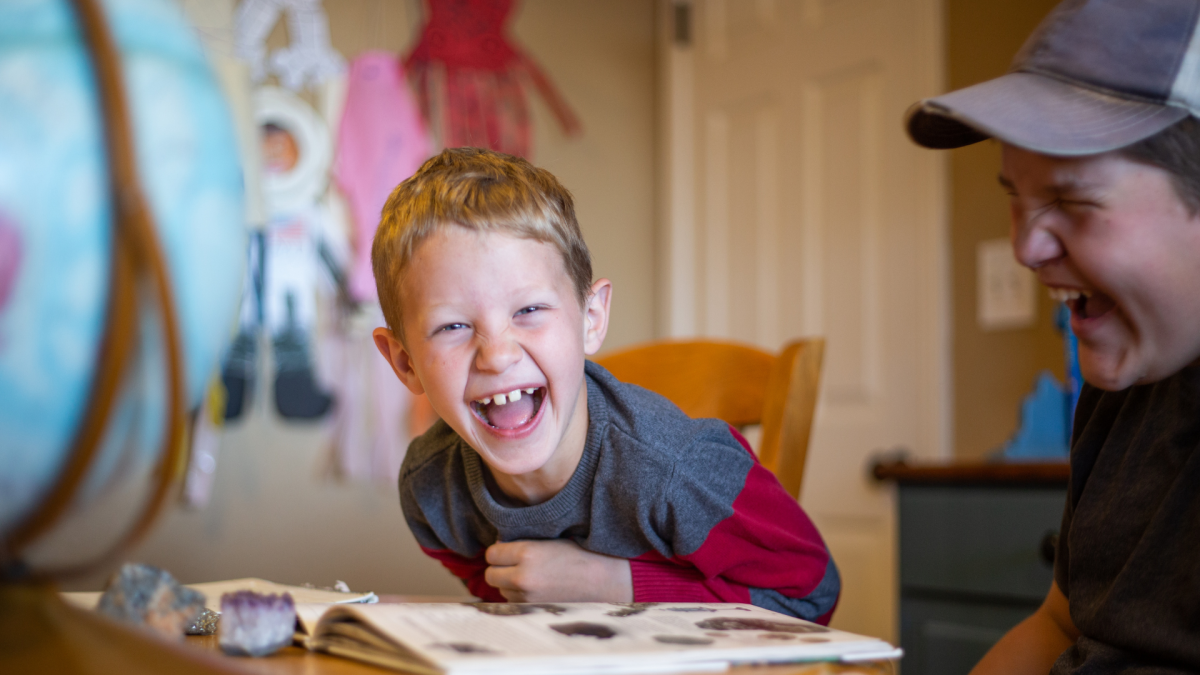If you’re anything like me, you’ve had those moments when your carefully planned homeschool science lesson seems to evaporate from your kids’ minds faster than ice cream melts on a hot day. Trust me, you’re not alone!
As a homeschooling parent with a passion for teaching science through a Christian lens, I’ve discovered some powerful strategies that transformed our school days from forgettable to unforgettable.
I’m excited to share what’s worked in our home—so you can see more of those bright-eyed, “aha!” moments in yours.

Want Your Science Lessons to Stick? These Faith-Based Homeschool Strategies Deliver!
Secret #1: Connect Lessons to Real-Life Experiences
Let’s face it—science from a textbook alone can be about as exciting as watching paint dry. One of the biggest game-changers in our homeschool has been making science hands-on and rooted in everyday life.
When kids get to do science, it sticks.
For instance, when we studied plant biology, I took the kids outside to plant seeds in our garden. We didn’t just read about photosynthesis—we lived it. They watered, observed, and charted growth. And best of all? They remembered every part of the process.
Try These Real-Life Science Ideas:
- Nature walks: Spot birds and bugs, and discuss how they reveal God’s creativity and order.
- Kitchen experiments: Whip up some bread or make slime to explore chemical reactions.
- Simple gardening: Even a bean sprout in a jar can illustrate life cycles and stewardship.
Want a curriculum that brings science to life? Explore our Elementary Earth Science course—packed with hands-on, faith-aligned activities.
Quick Tip: Always loop the activity back to your lesson goals. Trust me, it’s easy to get distracted—especially if someone finds a frog in the garden (ask me how I know!).

Secret #2: Teach Through Story
Here’s another strategy that’s made a huge difference: use the power of storytelling. Stories make abstract ideas tangible and memorable.
Think about it—your kids can quote entire movies but forget yesterday’s science facts. Why not turn your lesson into a story?
When we studied gravity, we didn’t start with formulas. Instead, we talked about Isaac Newton and the falling apple.
That one story gave meaning to the concept, and it stuck. Even now, my kids reference it with a smile.
Ways to Use Storytelling in Science:
- Share inspiring biographies of Christian scientists and how their faith influenced their discoveries.
- Relate scientific concepts to biblical events—like the diversity on Noah’s Ark or the vastness of Creation.
- Read or tell real-world science discovery stories with a spiritual angle.
Quick Tip: Keep the stories lively, brief, and relevant. Your enthusiasm will be contagious.
Secret #3: Make Review and Reflection a Habit
Want science concepts to really sink in? Build in review and reflection. But skip the dry drills—instead, make it creative and fun.
In our homeschool, we do “Science Fridays”—a relaxed day when the kids share something they learned. One might quiz us, another might tell a story, and sometimes we just talk through the highlights.
Fun Ways to Review:
- Weekly recaps: Let kids teach back what they learned.
- Journals: Encourage them to write or draw reflections.
- Games: Try science scavenger hunts or trivia challenges.
Quick Tip: Keep things fresh by rotating formats and letting your kids lead sometimes!
Bonus: Celebrate the Small Wins
Here’s a bonus that’s easy to overlook but incredibly powerful—celebrating progress. When a tough concept finally clicks, take a moment to cheer it on. It builds confidence and reminds your kids that learning is worth the effort.
We use an “Aha! Jar” at home. Every time someone learns something cool or surprising, we jot it down and add it to the jar. At the end of the month, we read them all. It’s simple, but it creates such a joyful atmosphere.

Final Thoughts
Teaching science at home doesn’t have to be stressful or dry. With the right mix of real-life application, engaging stories, regular reflection, and celebration, your homeschool science lessons can become the most exciting part of the week.
These faith-based teaching strategies have made a lasting impact in our home—and I hope they do the same for yours.
Looking for a curriculum that supports this approach? Explore our full collection of Christian homeschool science programs—designed to nurture both curiosity and faith, with hands-on learning at the heart.
